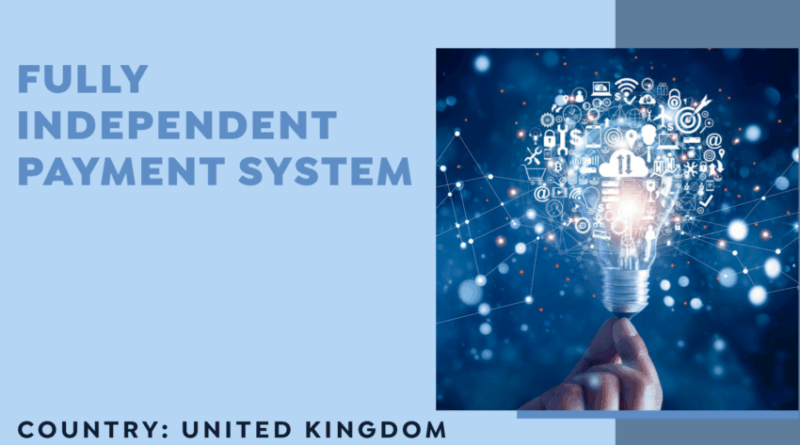Russia and China Establish New Global Securities Depository
In an endeavor to counteract Western sanctions, Russia and China are co-founding a new global securities depository. This initiative, a direct strategic counter to Western institutions, such as Euroclear and Clearstream, freezing roughly $67 billion in Russian assets, seeks to establish an ‘independent payment system.’ The aim is to shield partaking countries from the financial reach of both the U.S. and European Union, while keeping cross-border securities trading unhindered, all without depending on Western intermediaries.
The proposed mechanism is planned to function under the potential SCO Development Bank, exploiting the alliance between countries such as Russia, China, India, and Pakistan. The aim is to foster a self-sufficient financial ecosystem within the partnering nations. Yet, despite the political determination, the venture encounters numerous practical obstacles. Earning the level of trust, deep liquidity, and global acceptance that the existing Western systems command will demand time and perseverance.
A prosperous depository under this model would embody a divided global financial landscape, posing a serious challenge to Western economic supremacy. It has the potential to diminish the impact of sanctions in play, and speed up the shift towards a more balanced, multipolar world order.
In a strategic attempt to disrupt Western financial supremacy, Russia and China are collectively setting up an international securities depository to compete with, and potentially supersede, the Belgium-based clearinghouses Euroclear and Clearstream. The plan strives to mold an independent financial infrastructure to insulate allied countries from U.S. and European sanctions and potentially reshape the economic world order for subsequent decades.
The current financial model, reigning since the mid-20th century, is firmly centered around Western institutions and heavily dependent on the U.S. dollar. For countries like Russia and China, this centralized structure can be seen as a key vulnerability. The sanctions have effectively strangled Russian investors by constricting access to their overseas assets.
An international securities depository, in layman’s terms, is akin to an enormous, highly secured worldwide safety deposit vault for stocks and bonds. The Russian Central Bank estimates a whopping 5.7 trillion rubles remain inaccessible, an act condemned by Moscow as an illicit appropriation of private assets.
In retaliation, an alternate financial system, envisioned by Siluanov, is proposed to lay its foundation on entirely distinct principles. The alternate mechanism is intended to be managed under the derived Shanghai Cooperation Organization (SCO) Development Bank. The main objective is to cultivate a self-sustaining financial habitat for its members.
Understanding the potential benefits, a Russian investor would be able to acquire Chinese or Indian company stocks without necessitating assistance from a European or American go-between. Similarly, it would facilitate overseas investors to fund infrastructure and other projects in Russia without having their transactions questioned or obstructed by Western authorities.
The impetus behind setting up this new clearinghouse is the establishment of an ‘independent payment structure.’ For these nations, economic autonomy signifies a protective measure safeguarding national economic stability from geopolitical antagonists. Yet, paving the path for a feasible Euroclear alternative teems with substantial challenges.
Clear political will propels this endeavor, but equally potent are the practical hurdles it faces. Euroclear and Clearstream enjoy the advantages of years of established trust, deep liquidity, and universally accepted status, milestones an infant organization would take years or decades to achieve.
Also, the current high yields on ruble-denominated assets might entice some risk-tolerant investors. However, the constant fear of potential secondary sanctions might stave off a broader international acceptance.
Simultaneously, alongside the creation of this new system, Russia is also battling to retrieve assets within the existing one. A faction of Russian private investors has approached the Moscow Arbitration Court, suing the Belgian Treasury and Euroclear. They claim that the freezing of their assets is biased and illegal, petitioning Belgian authorities to release their funds.
This legal step underscores the intense frustration and sense of unfairness deeply felt by those entrapped in the economic warfare crossfire. The Russia-China collaboration on fabricating a Euroclear rival is more than just a major economic narrative.
It is an apparent defiance to the bedrock principles of Western economic might. While there are no guarantees of achieving eventual success, the sheer act of initiation underscores an unalterable shift.
The world is gradually veering towards a disjointed, multipolar financial order. No longer are the rules going to be solely written by Washington or Brussels. The remarkable freezing of Russian assets could be remembered not as a token of Western power but rather as the stimulant for the rise of a prominent rival.

